SUMMARY
This is AI generated summarization, which may have errors. For context, always refer to the full article.
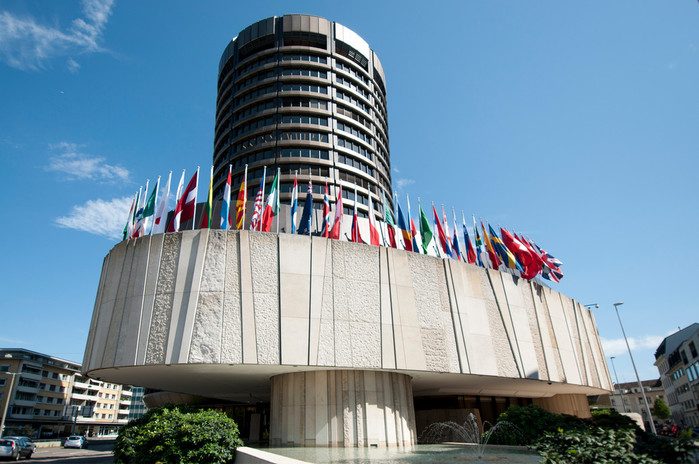
The Bank for International Settlements (BIS) warned on Monday, December 7, about “overstretched valuations” on financial markets, saying that promising news on vaccines was eclipsing the uncertain economic outlook.
Although markets rebounded in November, concerns about the difference between valuations and the economic outlook persist, said the BIS, the international financial institution that links central banks.
Rapid progress towards COVID-19 vaccines and Joe Biden winning the US presidential election boosted risky assets, which are now approaching, and in some cases surpassing, pre-pandemic levels, the BIS said in its quarterly review.
“While markets have moved in the right direction in response to news about the vaccine, they are above or close to the levels that prevailed before the pandemic, when questions about overstretched valuations were already present,” said Claudio Borio, head of the BIS monetary and economic department.
Renewed optimism about business conditions and the continued assurance of central bank support to mitigate the repercussions of the pandemic’s second wave also fueled markets’ buoyancy.
With government bond yields still exceptionally low, the search for returns on investments resumed, prompting new investors to put money into the stock markets.
Established in Basel, Switzerland, in 1930, the BIS is owned by 62 central banks, representing countries that account for about 95% of global gross domestic product.
Its quarterly review found that a divergence in the assessment of corporate vulnerabilities appeared to be emerging.
On one hand, credit spreads in advanced economies compressed further, approaching pre-pandemic lows. On the other, banks tightened lending standards throughout the review period, it said.
Looking ahead, a rise in bankruptcies can be expected, said Borio. Banks, unlike the markets, are already beginning to become more cautious in their risk assessment strategy, he added.
The report reviews market and economic developments every quarter from the perspective of central banks.
Alongside the review, the BIS published an analysis on how firms’ financial vulnerabilities could affect their survival.
It found that high short-term debt and low earnings relative to interest expenses were the two most significant financial predictors that a company could go bankrupt. – Rappler.com
Add a comment
How does this make you feel?
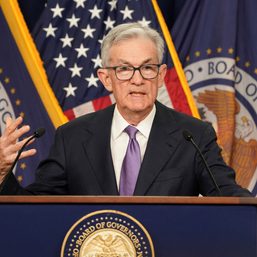
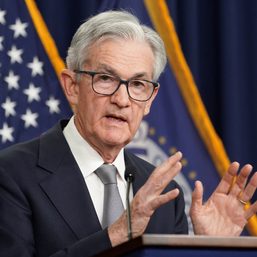
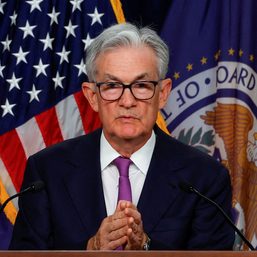
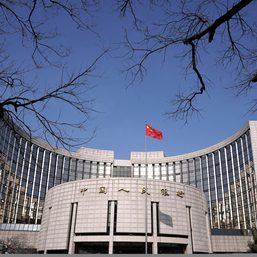

There are no comments yet. Add your comment to start the conversation.